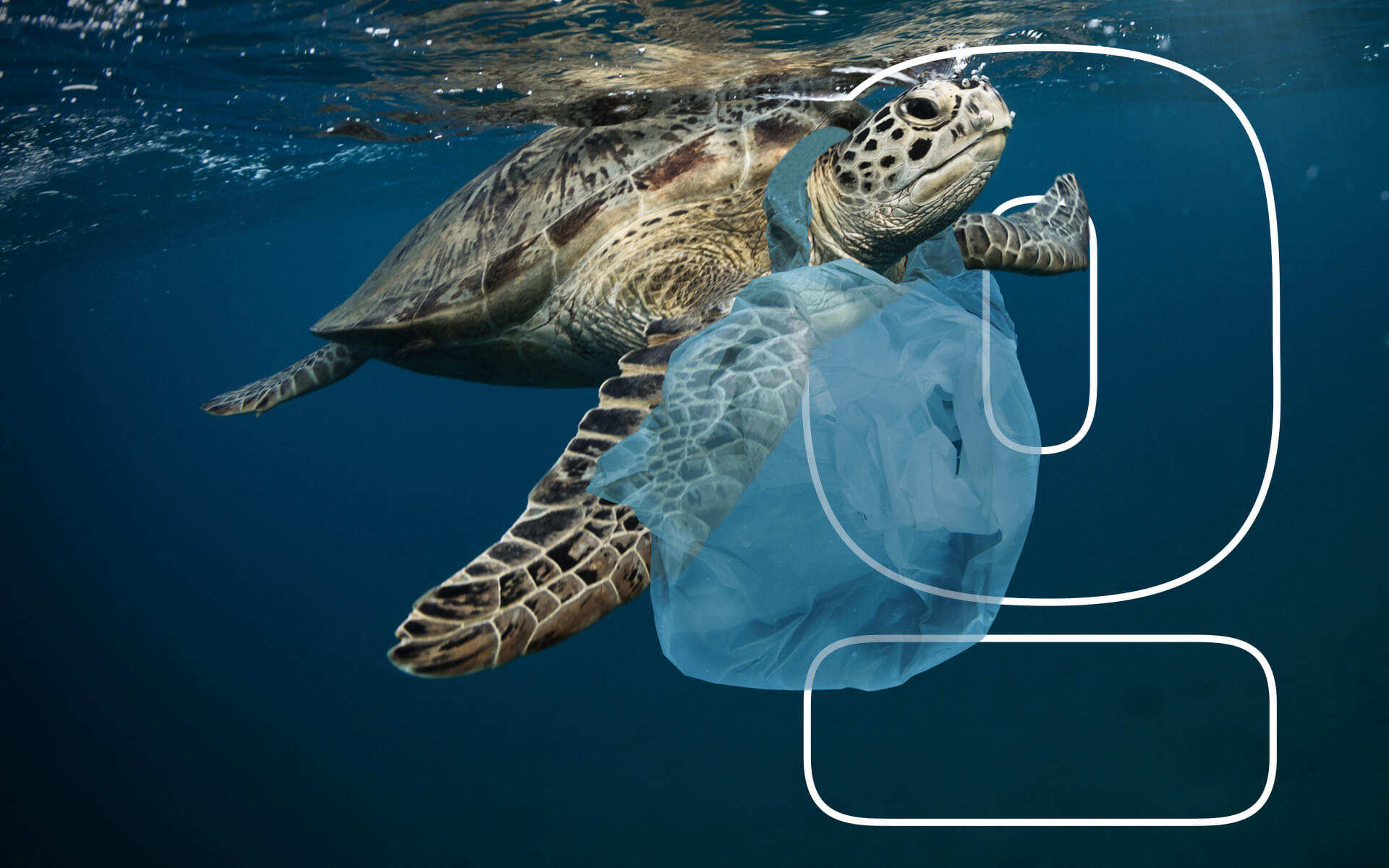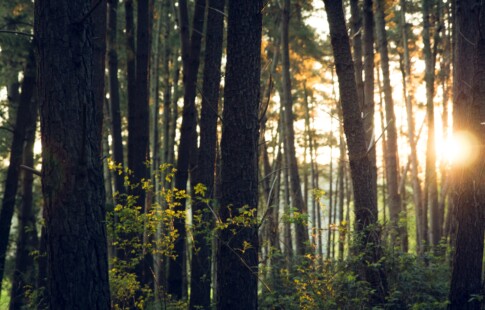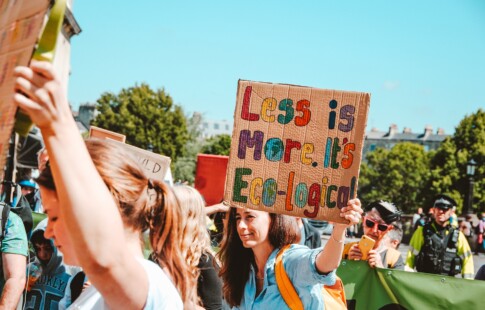
Why Plastic Bags Should Be Banned: 5 Reasons
We are reader-supported. When you buy through links on our site, we may earn affiliate commission.
Going to the supermarket shouldn’t cause existential angst. However, witnessing customer after customer thoughtlessly stuff their purchases in plastic bags is enough to make any environmental advocate cringe. The inventor of these things may have meant well, but they created an ecological catastrophe. Now, many believe plastic bags should be banned.
Some states ban plastic bag use but far more allow them with abandon. The results? Swaths of plastic littering roadside tumbleweeds, swirling in the ocean, making a mess and killing countless animals. Here are five reasons more jurisdictions should say good riddance to that bad rubbish and ban plastic bags.
1. Most People Do Not Recycle Them
Your local grocery store might have a bin in the front for recycling plastic bags. However, you could probably watch the store security camera without seeing more than one or two people use them. Many folks feel virtuous when they repurpose plastic bags — but more often than not, they still end up polluting the planet and choking wildlife.
For example, plenty of cat owners use empty grocery bags for scooping litter. Dog owners, too, wrap them around their hands to pick up Fido’s droppings. Others might use them to line the trash cans in their bedrooms or bathrooms.
However, what happens once you need to dispose of that waste? It probably goes into a big bin headed for the nearest landfill. According to the Environmental Protection Agency (EPA), over three million tons of these sacks already occupy said spaces.
Another problem with plastic grocery bags is that their lightweight nature lets the slightest breeze send them airborne. They fly out of the trucks on the way to the waste facility, land in gutters, flow into waterways and end up in the ocean, where they choke marine life. Even one dead sea turtle is too high of a price to pay for a convenient way to clean up pet waste.
2. Many Communities Lack Recycling Facilities for Them
On a trip to my local grocery — in search of a recycling facility for bags I had in my home — the manager told me that they didn’t have one because “the bags just end up in the trash, anyway.” Sadly, this statement might not be incorrect in many communities. The problem? There are no recycling facilities nearby that handle the type of plastic these bags contain.
Look at the bottom of any plastic item bearing the recycling seal. You’ll see a number from one to seven. Here’s the problem. Many well-meaning people toss anything plastic into the bin. However, most communities only recycle number one and two — the kind found in most types of bottles.
Plastic straws, dinnerware and bags often don’t make the cut. Worse, they can clog machines, causing problems recycling items that the facility can normally handle.
As a result, workers have to sort through mountains of rubbish. The plastic that the facility cannot process ends up in the incinerator or landfill.
3. They Pose an Existential Threat to Marine Creatures
Plastic garbage floating in the ocean doesn’t only make the beach look like a landfill. It poses an existential threat to marine creatures.
A recent study found plastic in 100% of the sea turtles they examined. Remember microplastics, the stuff that larger items break down into? They’re toxic to human and animal life.
Research suggests that polystyrene particles have adverse immunological effects at the cellular level. They could intensify the production of cytokines and chemokines, proteins your body produces to fight inflammation. These become deadly when allowed to spiral out of control, as seen in the storms some COVID patients experienced during the pandemic.
This toxicity poses severe risks to the planet’s ecology and human life. Marine animals eat these microplastics, potentially passing toxins through the food chain. A weakened immune response coupled with more frequent pandemics thanks to climate change could spell a health crisis.
4. They Never Fully Biodegrade
Here’s the unfortunate deal: that plastic you throw in a landfill will still exist over a thousand years from now. Even beyond that point, it will continue, as bags never fully biodegrade. Instead, they break down into dangerous microplastics.
Continuing to allow their use is like treating poisoning with a healthy dose of strychnine. There’s only so much landfill space on planet earth. Even if it were possible to contain all plastic pollutants within them, these facilities would eventually run out of space. It’s illogical — not to mention detrimental to every other living being on the planet — to do anything but switch to sustainable alternatives.
5. They’re Unwieldy, Flimsy and Break
You approach your front door laden with groceries, and while you’re fumbling with the key, rip. There go your eggs. Plus, you now have a lovely mess to clean off your stoop.
Even if you consider environmental laws unnecessary, you can reap an immediate benefit from banning plastic bags from your life. Cloth bags don’t break. If you would rather challenge your upper body strength than make more than one trip from your car to your door after grocery shopping, you can laden yourself down like a pack mule with fabric models and never fear your bottle of Chianti breaking before you can pair it with some fava beans.
Why Plastic Bags Should Be Banned
Plastic bags are a bane to sustainability. They collect in landfills and oceans, never fully biodegrading and creating pollution that lasts for generations. They pose an existential threat to many life forms on earth, and their use could threaten human health. Plus, they’re flimsy and prone to breakage. It’s time to ban them once and for all.
Share on
Like what you read? Join other Environment.co readers!
Get the latest updates on our planet by subscribing to the Environment.co newsletter!
About the author
Steve Russell
Steve is the Managing Editor of Environment.co and regularly contributes articles related to wildlife, biodiversity, and recycling. His passions include wildlife photography and bird watching.




